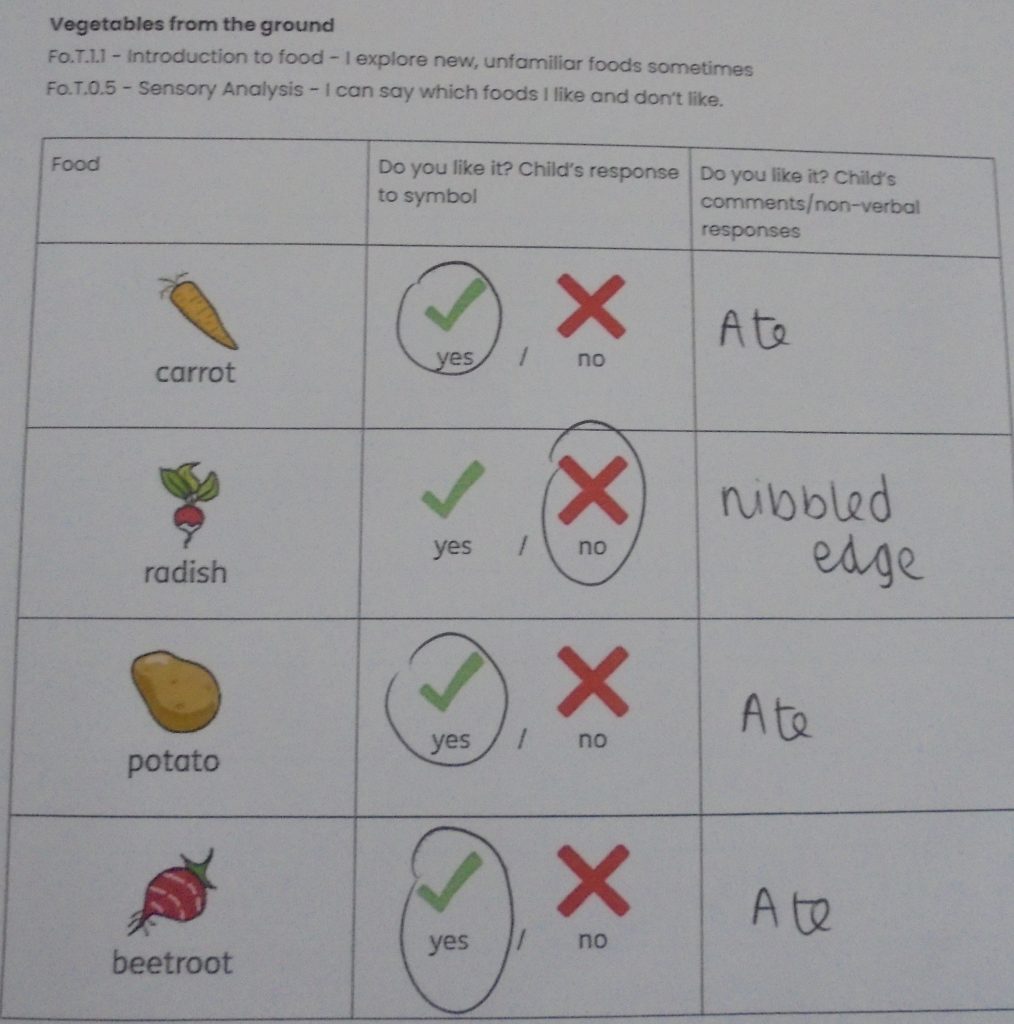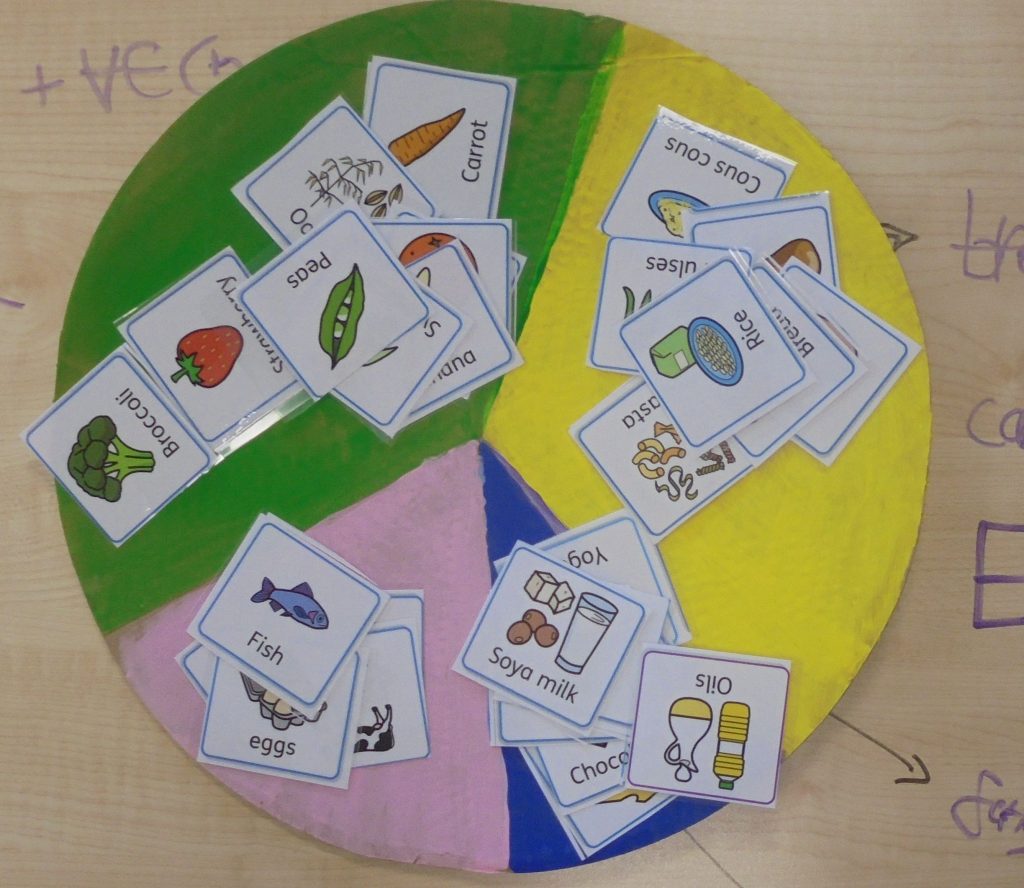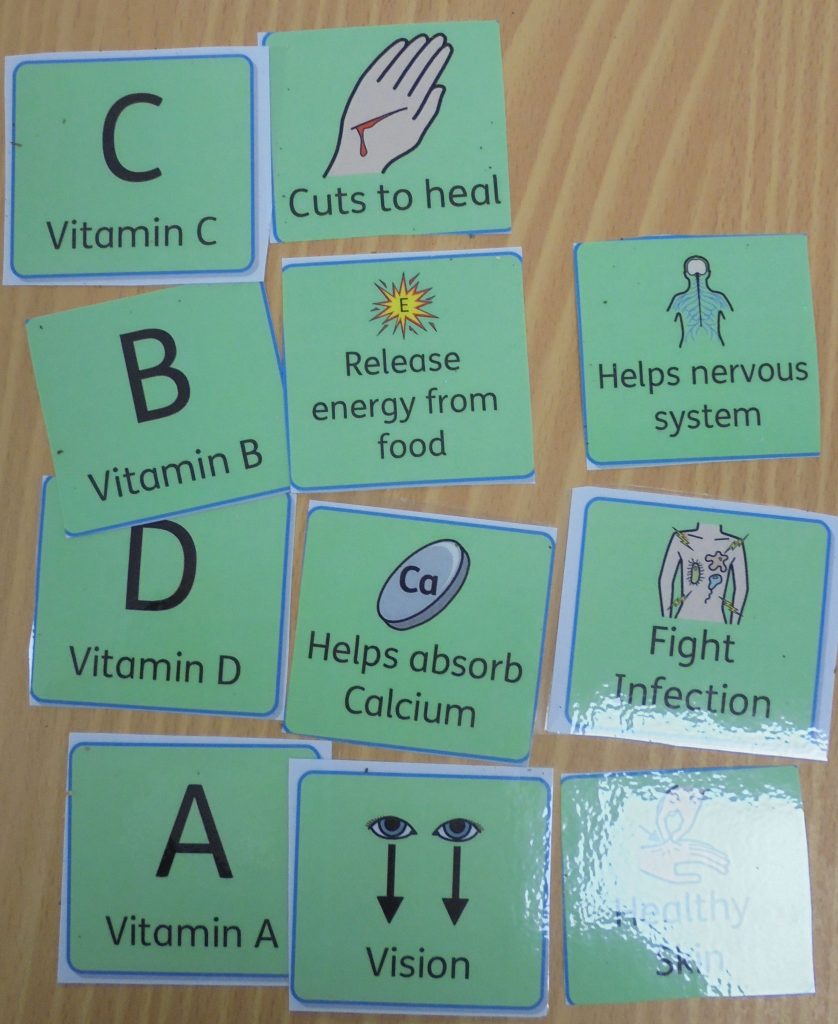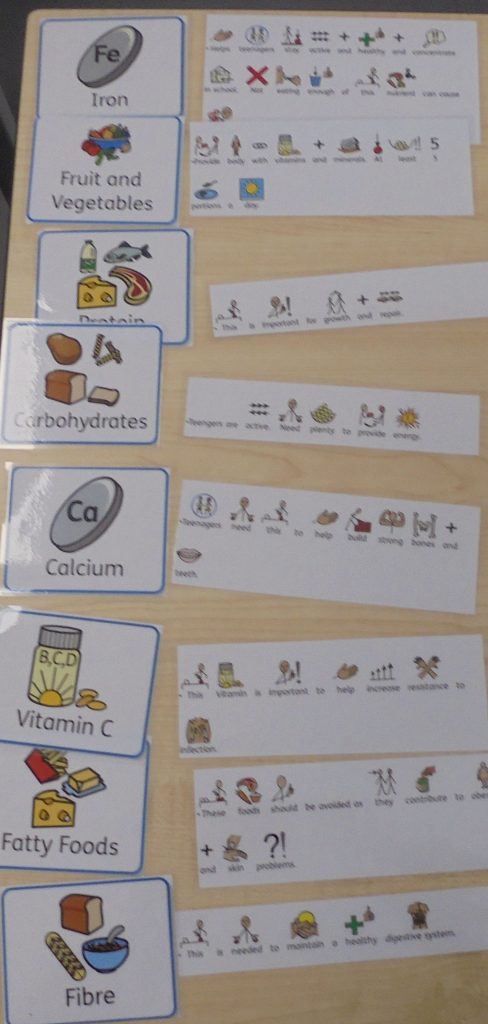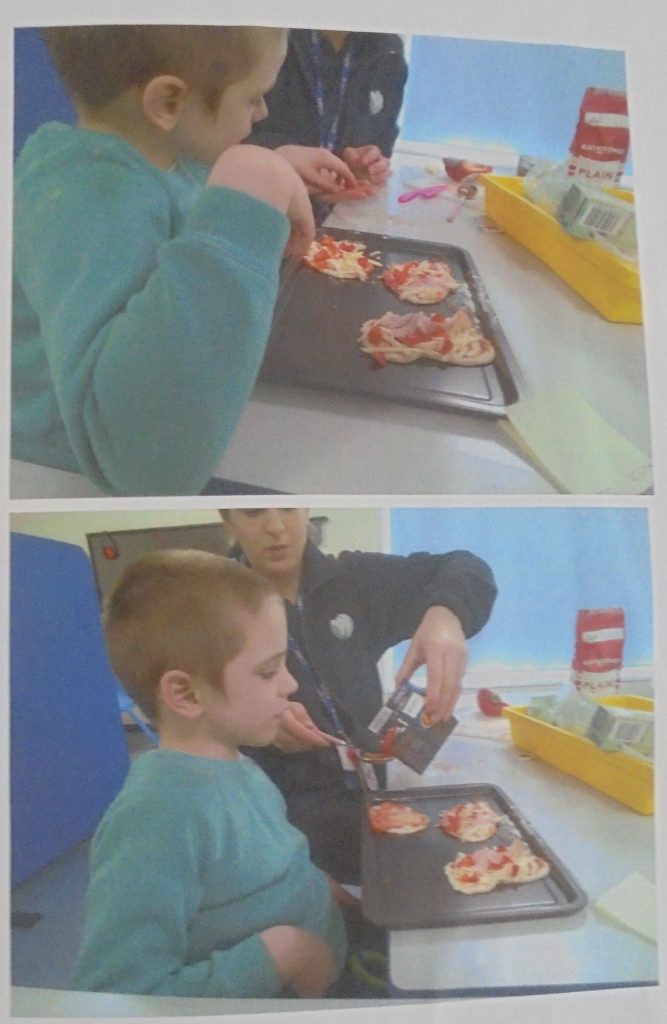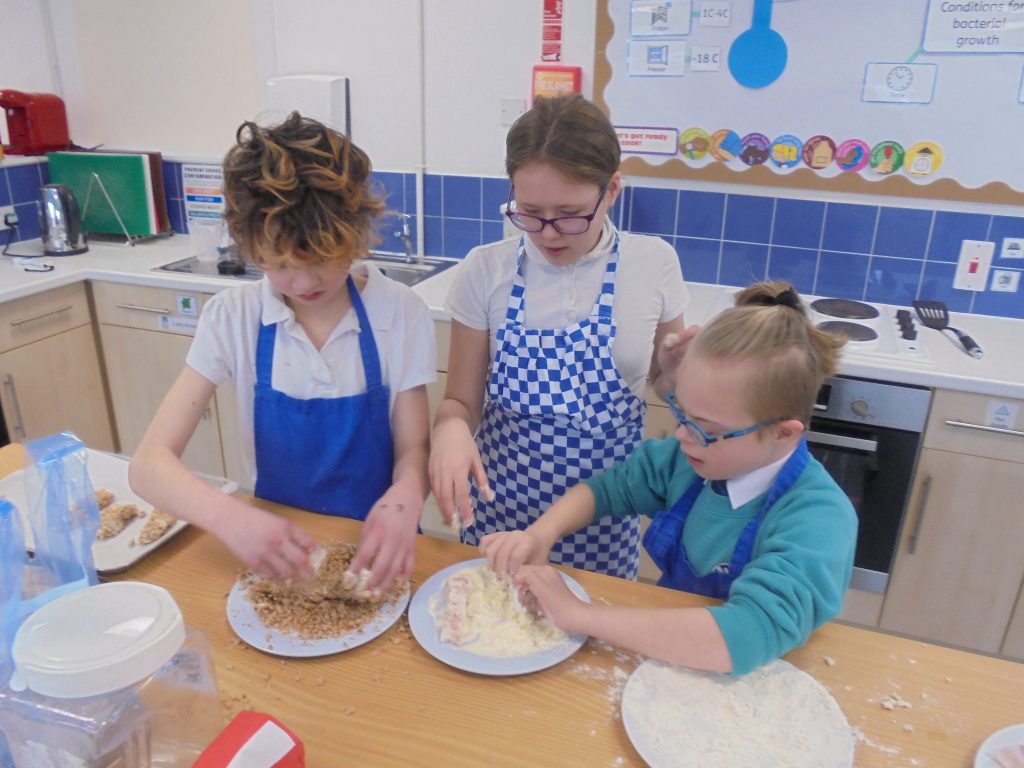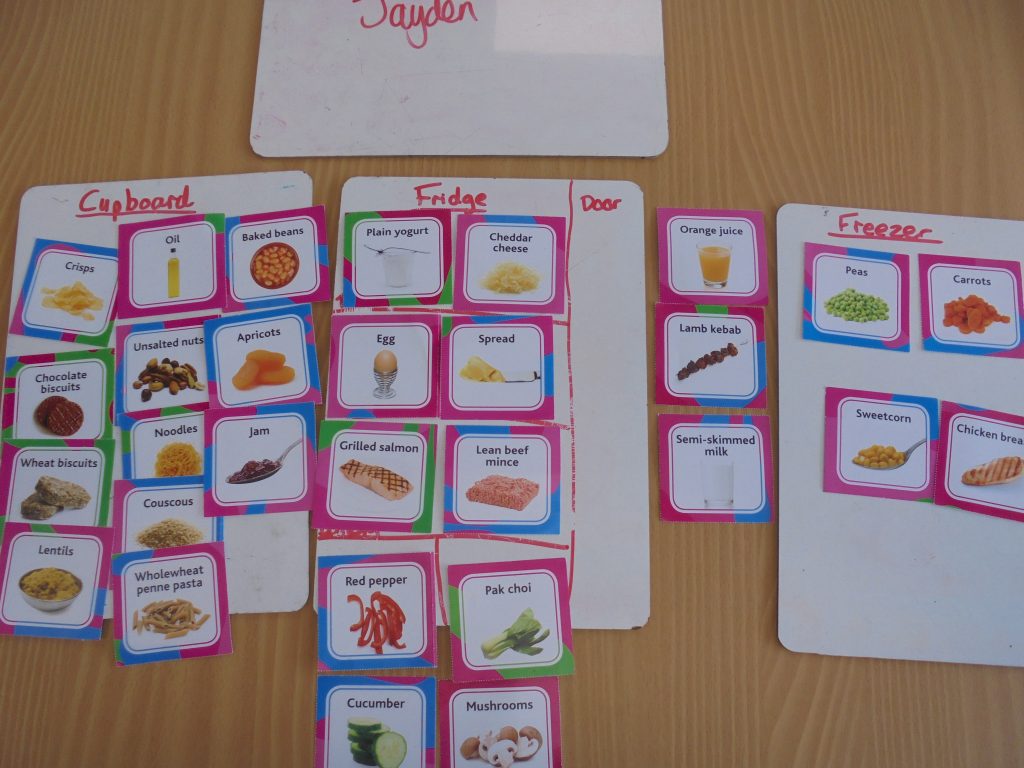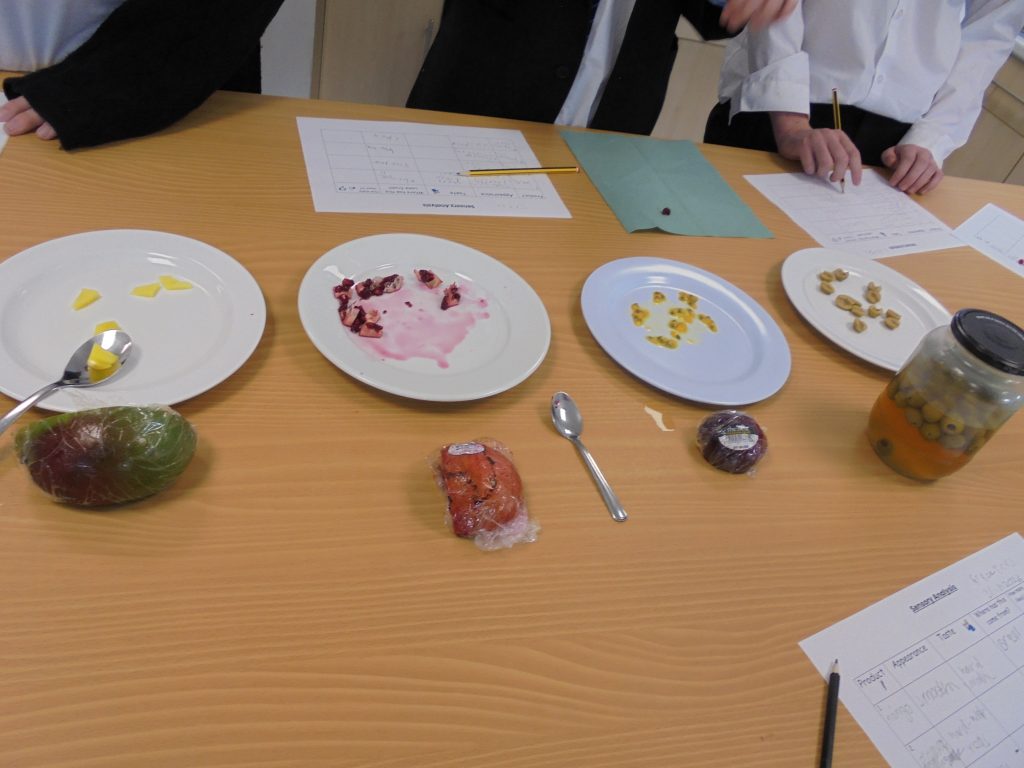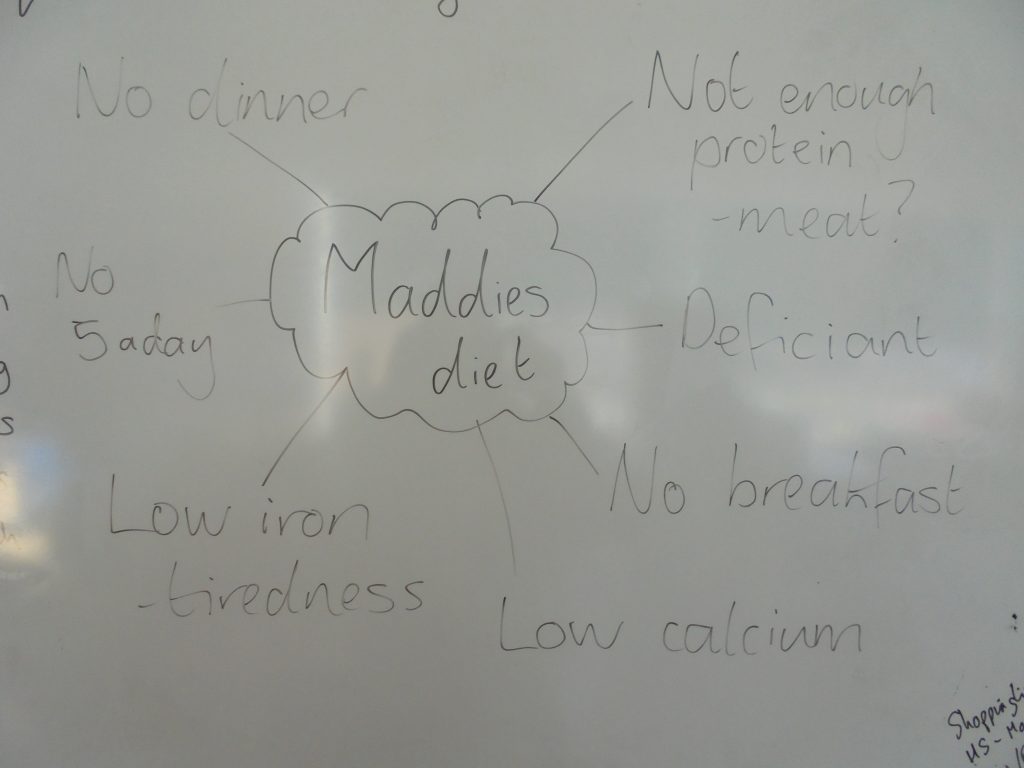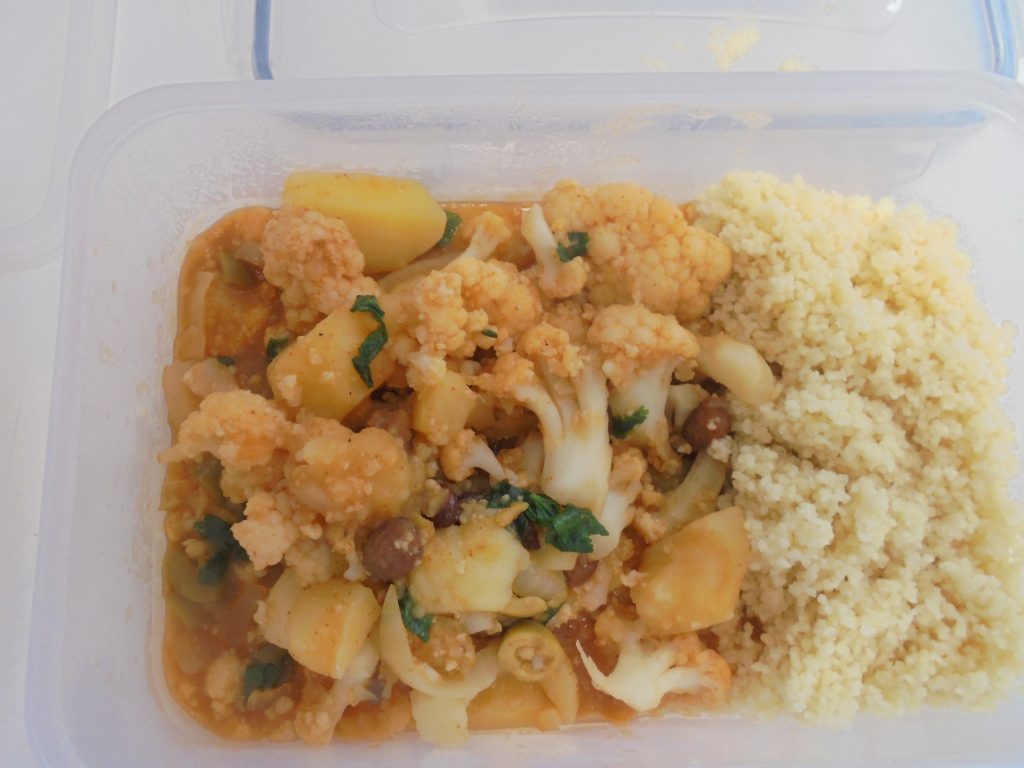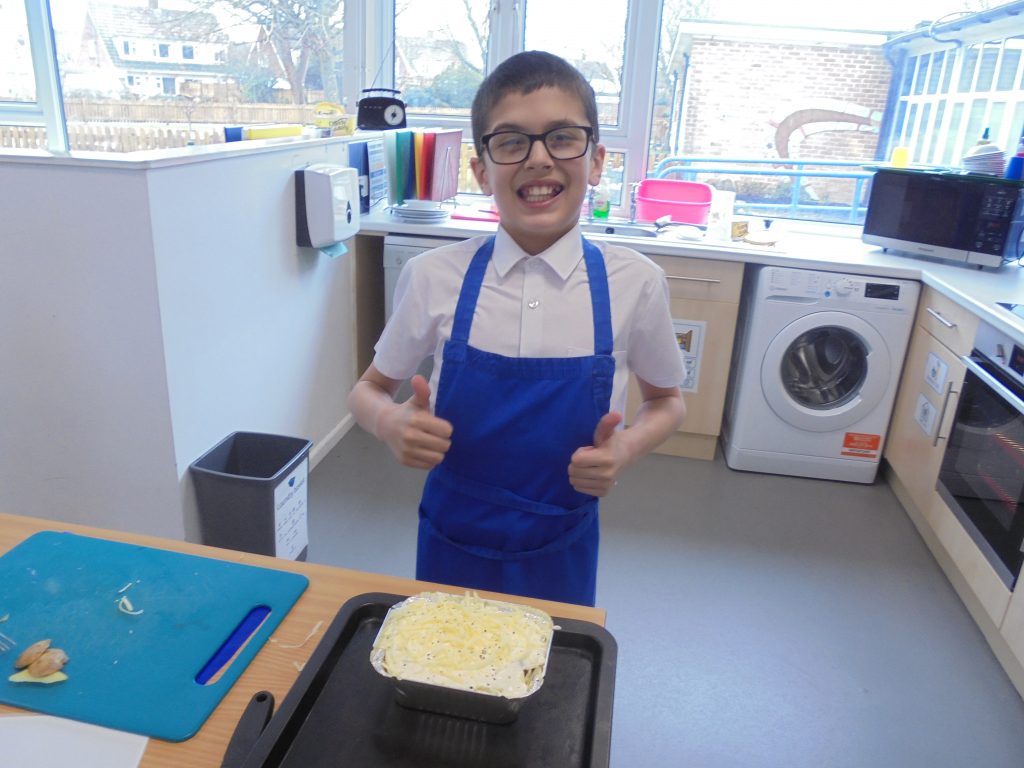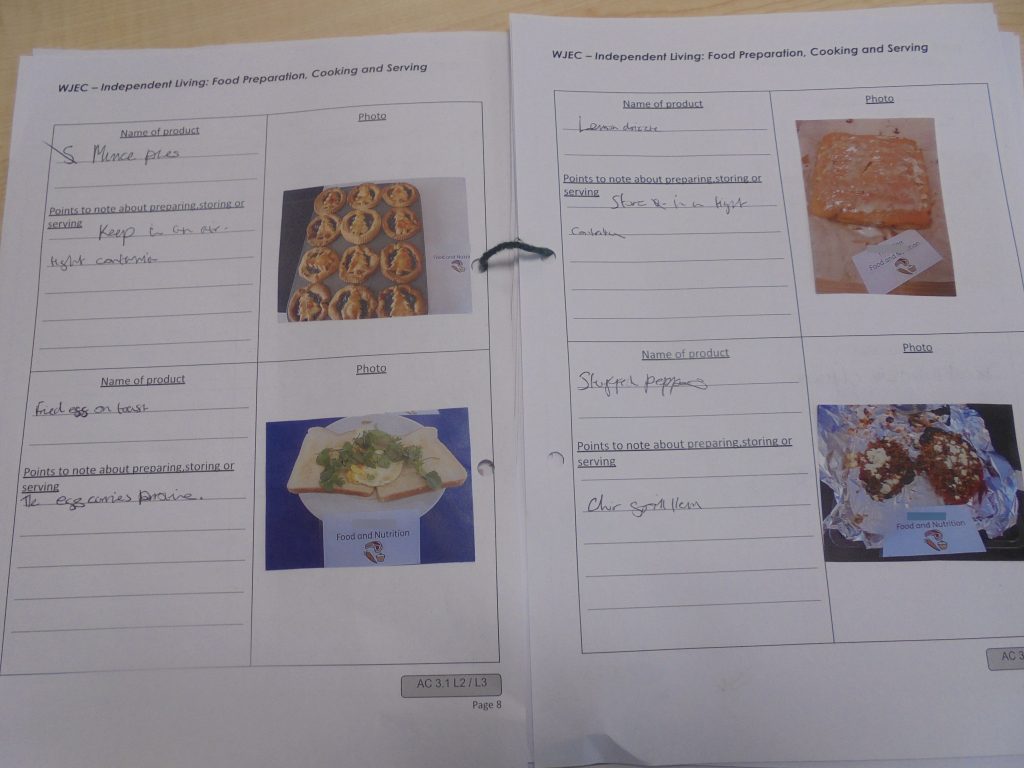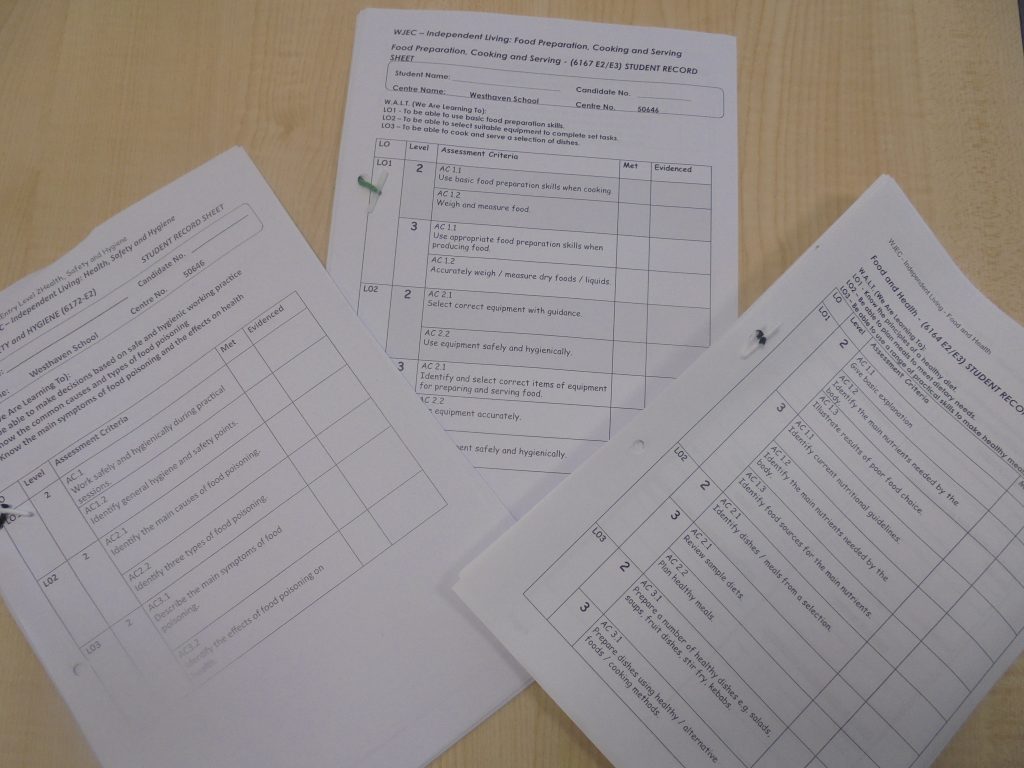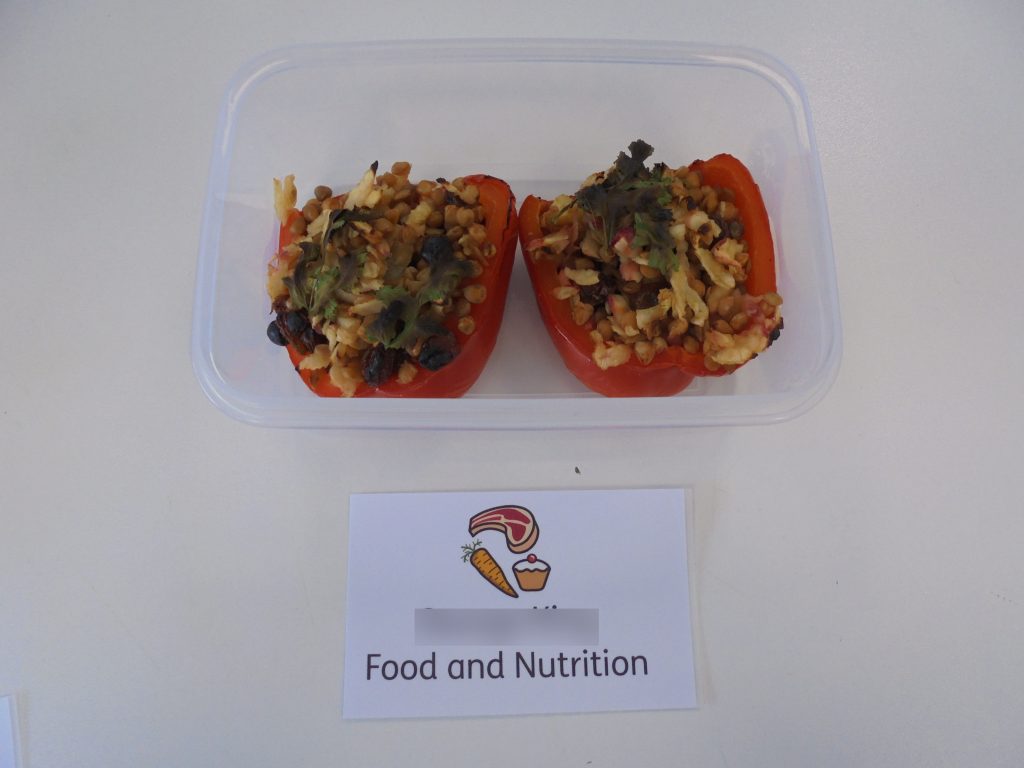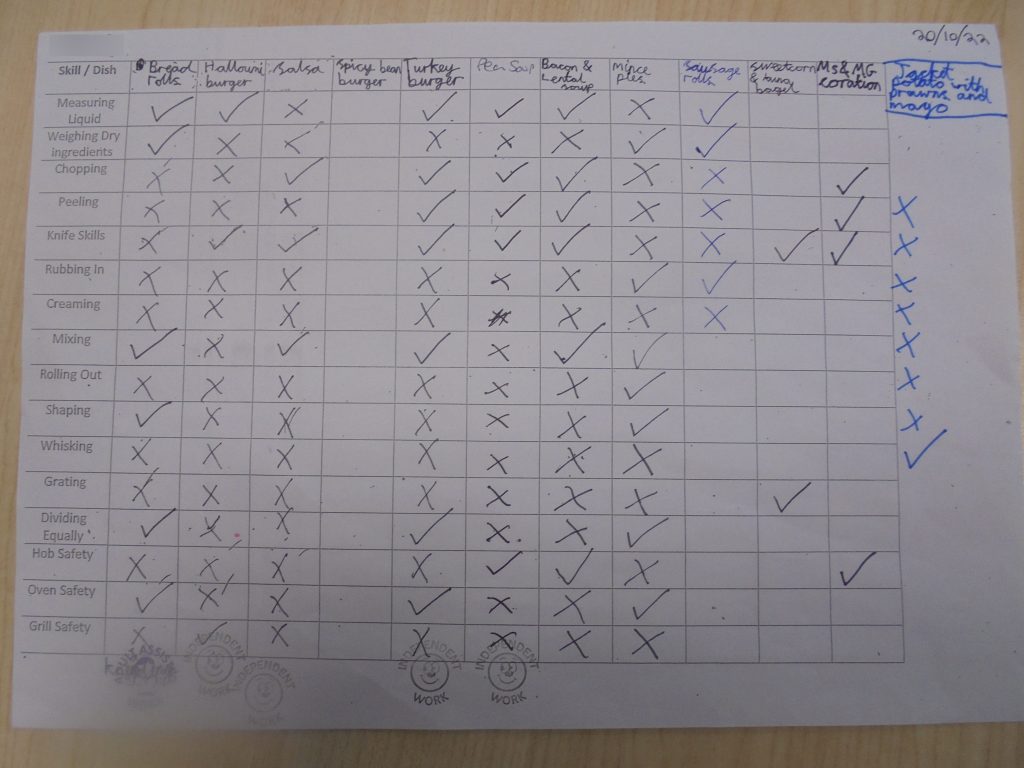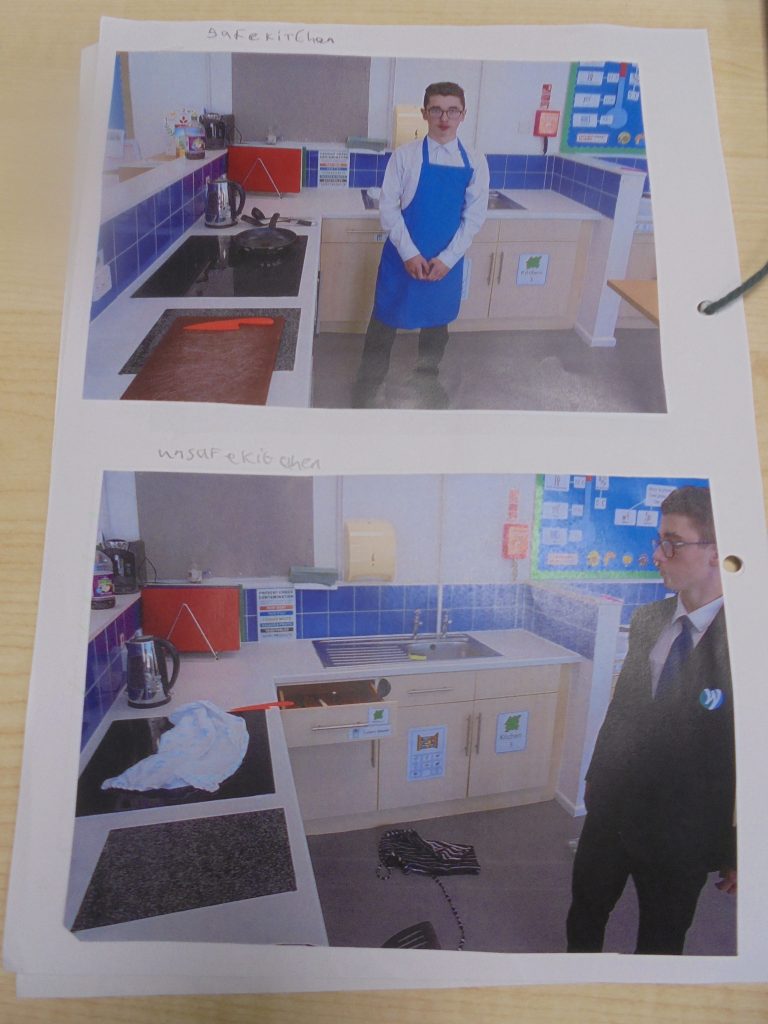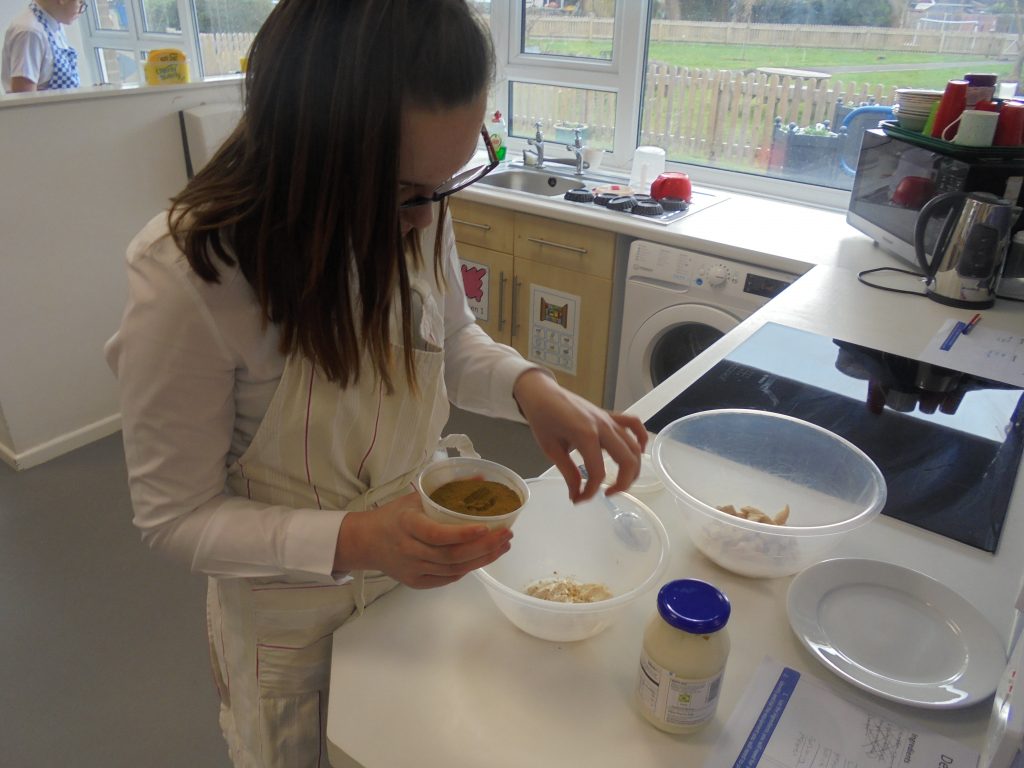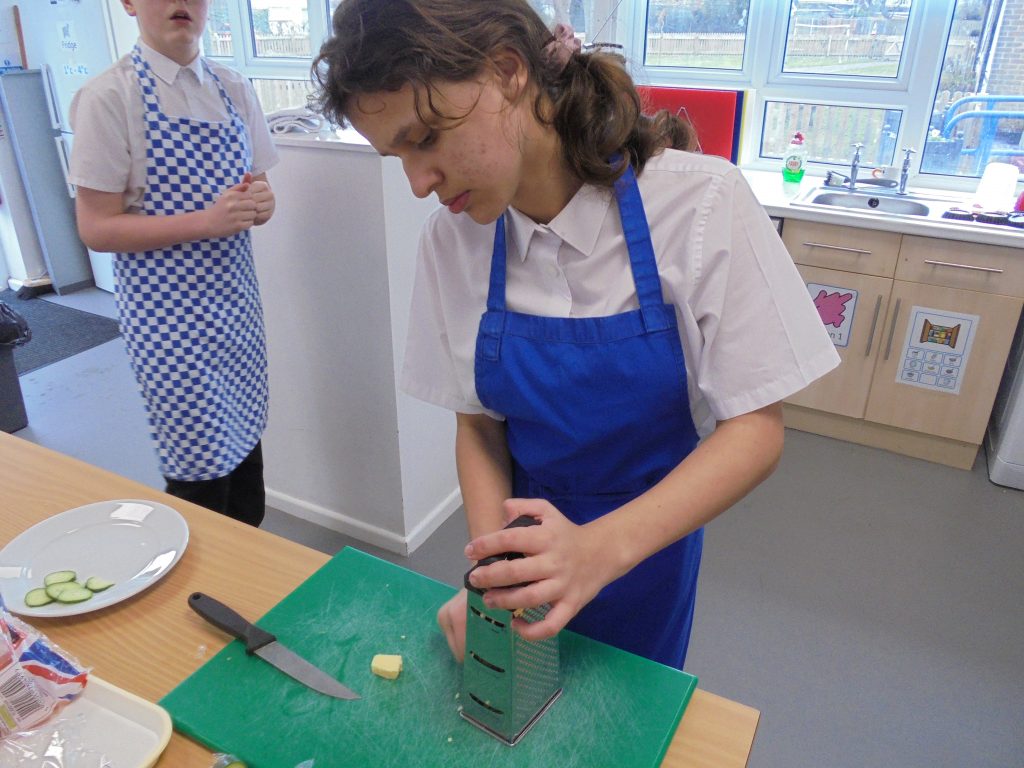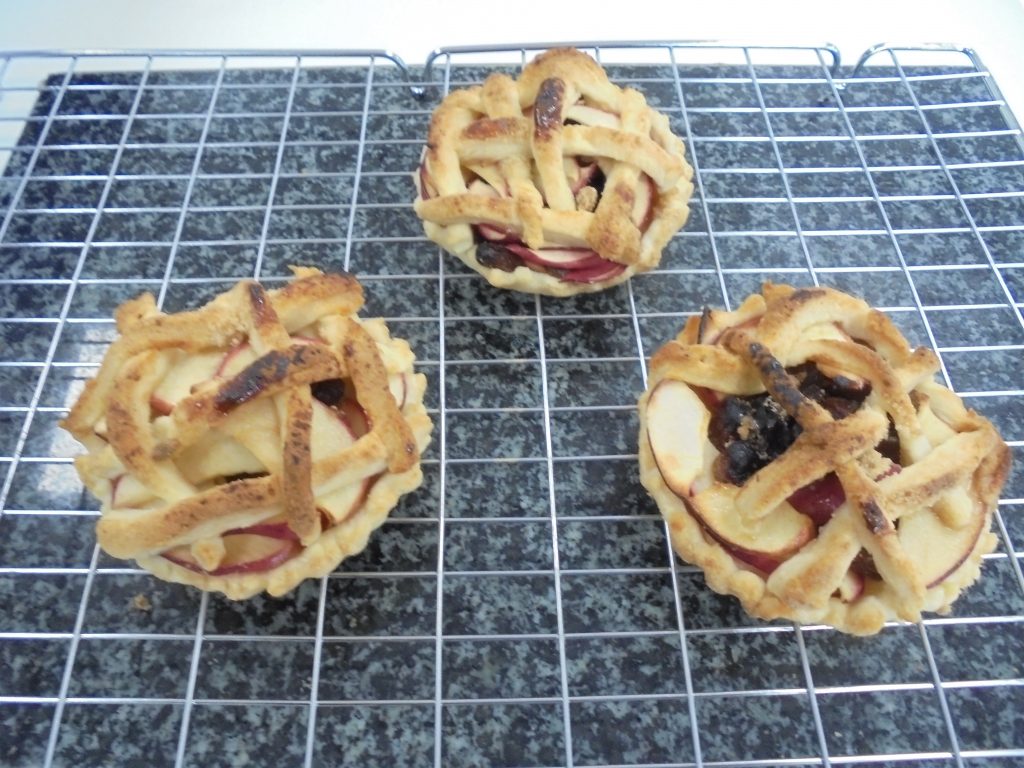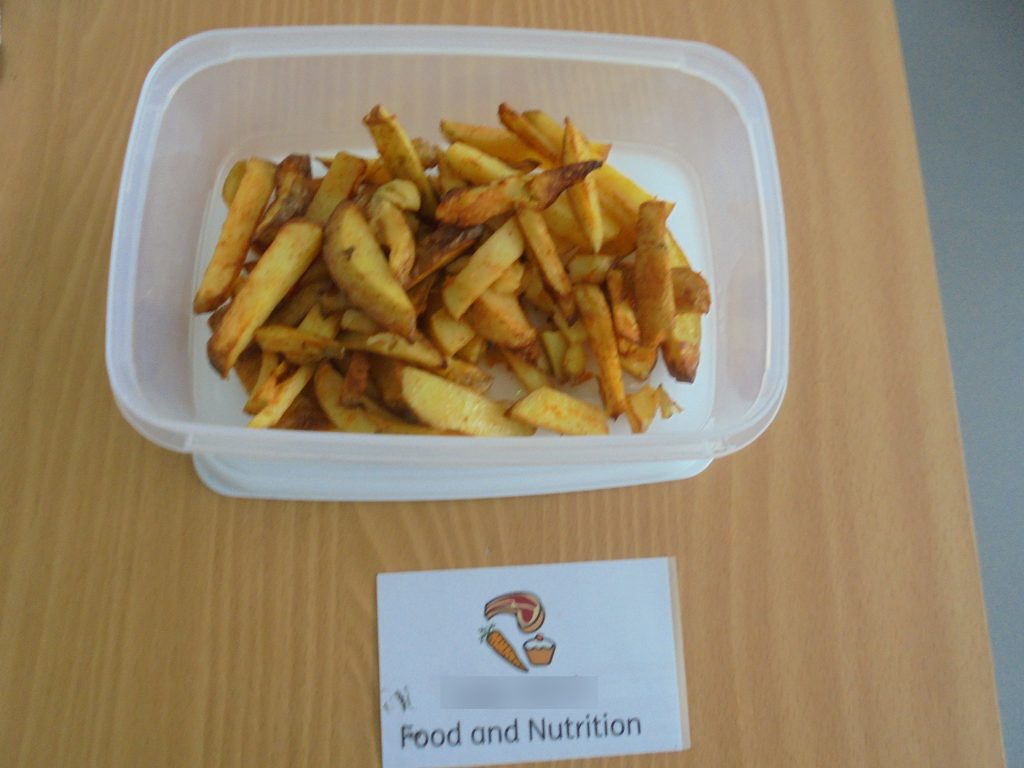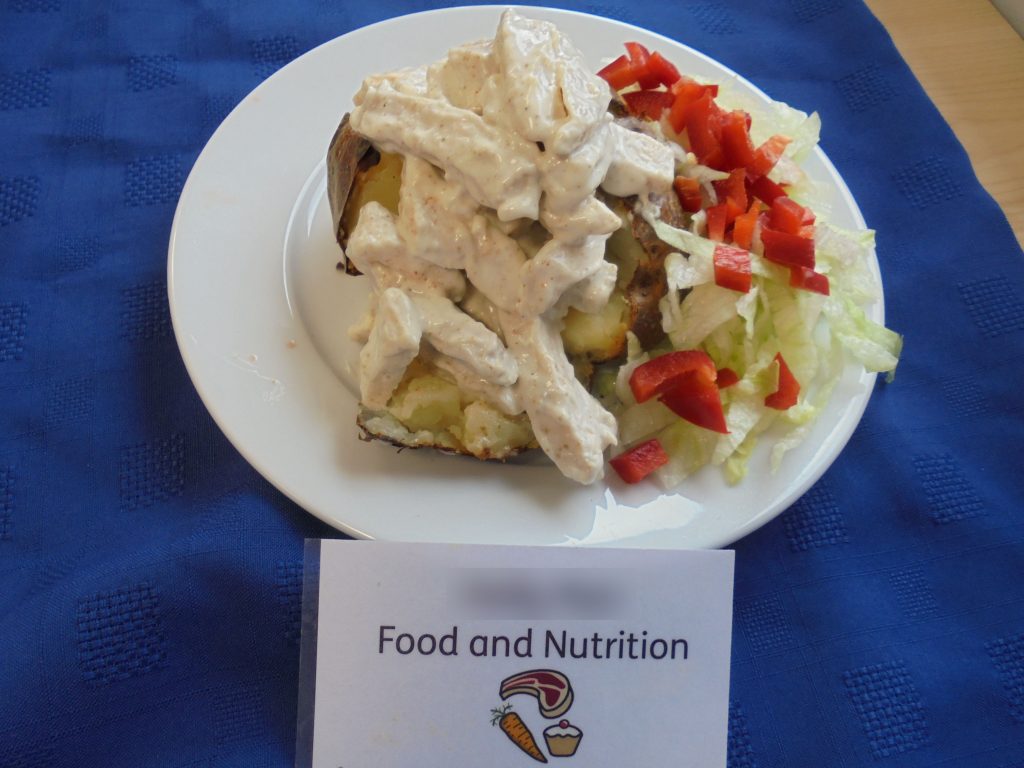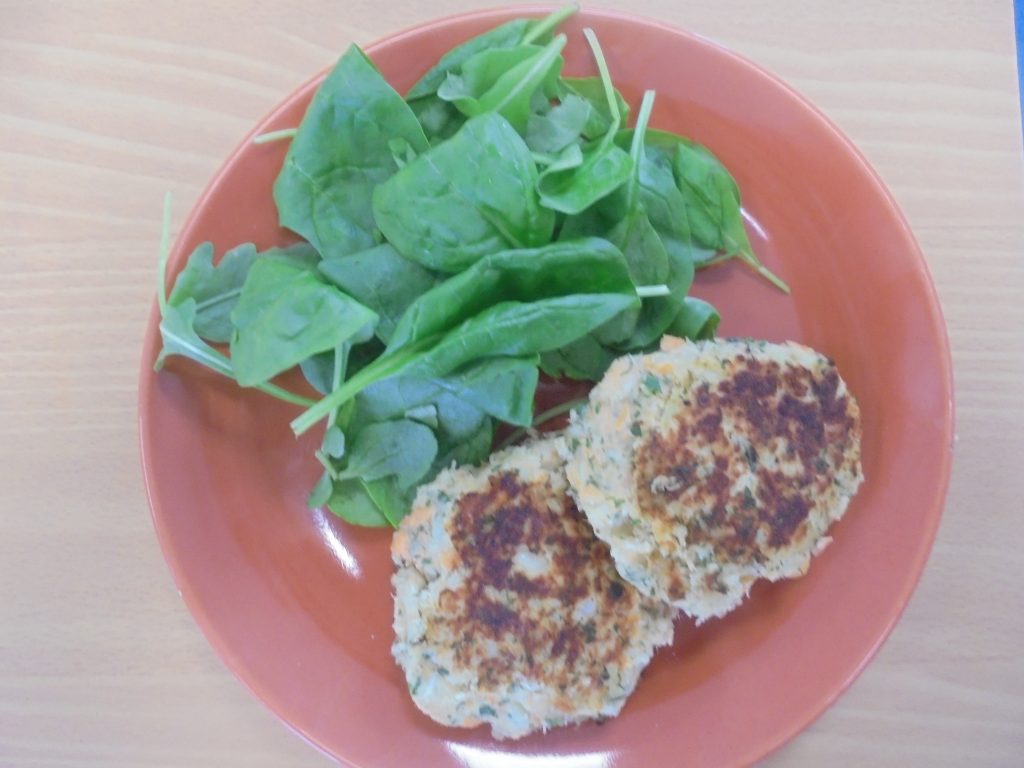Food and Nutrition
Intent
Our intent in teaching Food and Nutrition is to encourage a love and passion for food as part of a healthy diet, giving a range of sensory opportunities to build confidence with food. As part of their work with food, learners will be taught how to cook and apply the principles of nutrition and healthy eating, safely and hygienically. Instilling a love of cooking and trying new foods which will open the door to one of the great expressions of human creativity. Learning how to cook safely is a crucial life skill that enables learners to feed themselves and others affordably and well, now and in later life.
How the Food and Nutrition curriculum links to the Westhaven core values
| Intent | Implementation |
Safely Independent To develop safely independent learners by: Instilling a love of cooking that leads to self-sufficiency and independence. | Learners will develop an understanding about food safety, including the preparation and safe storage of food, and sound microbiological food safety principles when buying, storing, and preparing food to prevent bacterial growth. Learners will wash, dry up, clean as they go and undertake ‘spring cleans’ in the kitchen to prevent bacterial growth. Learners will be able to correctly and safely use tools and equipment safely i.e. knives, graters, scissors, hobs, ovens, kettles, toasters, food |
| Learners will learn and develop an understanding about energy, nutrients, water and fibre, diet and health and nutritional needs throughout life stages. Learners will consider issues around nutrition and physical, intellectual wellbeing. Learners are encouraged to use a wide range of ingredients to make healthy nutritious, predominantly savoury dishes for their families in line with the principles of The Eatwell Guide. Learners are encouraged to say why they are using ingredients and the skills they are demonstrating. Learners are encouraged to use ingredients in order to make healthy nutritious dishes and reduce food waste in the home. Learners (at KS4) will consider how to make several healthy nutritious dishes using one main ingredient. Learners are encouraged to use fresh, seasonal, local ingredients where possible to make healthy nutritious dishes by following recipes. Learners will communicate with each other and adults effectively | Learners will learn and develop an understanding about energy, nutrients, water and fiber, diet and health, and nutritional needs throughout life stages. Learners will consider issues around nutrition and physical, and intellectual well-being. Learners are encouraged to use a wide range of ingredients to make healthy nutritious, predominantly savoury dishes for their families in line with the principles of The Eatwell Guide. Learners are encouraged to say why they are using ingredients and the skills they are demonstrating. Learners are encouraged to use ingredients in order to make healthy nutritious dishes and reduce food waste in the home. Learners (at KS4) will consider how to make several healthy nutritious dishes using one main ingredient. Learners are encouraged to use fresh, seasonal, local ingredients where possible to make healthy nutritious dishes by following recipes. Learners will communicate with each other and adults effectively through verbal, non-verbal, and written communication, using keyword vocabulary on word mats. |
Respectful Citizen To develop respectful citizens within our community, learners will: Understand the economic, environmental, ethical, religious and socio-cultural influences on food availability, production processes, and diet and health choices. Understand how food contributes to various religious and spiritual events and celebrations. Explore a range of ingredients and processes from different culinary traditions. Instilling a love of cooking that enables students to feed themselves and others. | Learners will consider ‘Food Provenance’ and ‘Food Origins’ to include where and how foods are grown, reared, or caught and what is ‘Fairtrade’ and ‘Organic’ when purchasing and using foods. Learners will learn and develop an understanding of individuals with specific lifestyle needs including vegetarians: lacto-ovo, lacto, vegan, and those with religious beliefs that affect choice of diet. Learners at KS3 will use recipes to develop cooking skills to demonstrate this, however, these can be adapted to suit personal dietary needs. Learners at KS4 will be encouraged to be more creative showing their understanding of individuals with specific dietary needs through planning their recipes, demonstrating appropriate skills, and evaluating their dishes according to the needs of the target group. Learners are encouraged to have a sense of pride and self-fulfillment in their work. Learners’ work is recorded in their Food and Nutrition learning journey books which follow them through KS3. Learners are encouraged to know where their food comes from and how their food is transported, developing an understanding of ‘Food Miles’, ‘Carbon Footprint’, and the impact food transportation has on our local and global community. Learners are encouraged to consider the environmental and economic benefits of buying locally. Learners are encouraged to reuse food packaging when appropriate to reduce waste. Learners at KS4 will consider the effects of food poverty and how this causes malnutrition and will assess why there has been a rise in food banks in the UK providing assistance to people facing hardship. Learners work together in pairs and teams to complete tasks. Learners make dishes to share with family and friends. |
Inquisitive Thinker Ensuring that learners achieve their expectations in a creative and innovative way. Critique, evaluate and test foods. Apply the principles of nutrition and healthy eating in learning between subjects and beyond the lesson. | The subject gives the opportunity to explore a wide range of foods using all senses and think about different flavour combinations. The subject will promote opportunities for learners to engage further and develop skills with food preparation. Learners will think about what happens in our food during storage (spoilage) and cooking (food science). The subject will seek opportunities for students to engage in activities beyond the lesson for example; Healthy Eating Week, Competitions, Guest Workshops, Trips. The subject will develop understanding of the different aspirational career opportunities available in the food and catering sector for all levels. Displays of possible careers and career opportunities are promoted on a display board and conversations are had with students during lessons. |
Resilient Learners To develop resilient learners to: Instil a love of cooking that leads to self-sufficiency and independence. | Learners will understand that processes don’t always turn out the way we expected or wanted. Learners will reflect on dishes – what could we do differently next time? How can we change / adapt the dish to achieve the ideal outcome? Why was the outcome different to what we expected? Learners will be resilient by exploring foods using different senses, through experimentation of different flavour combinations or thickeners in recipes or how different cooking methods affect dishes. Learners will adapt recipes where necessary for example add more seasoning or more flour to a moist dough. Learners will check for readiness of dishes using different methods and know the signs to look for. |
or
Implementation
All learners study Food and Nutrition. They are taught in mixed ability tutor groups. We follow the guidance outlined in the National Curriculum Programmes for Cooking and Nutrition. Due to the nature of the practical subject it lends itself to Bruner’s spiral curriculum. Key concepts both theory and practical are introduced and then revisited throughout the topics in each key stage (KS). Concepts and skills are embedded and then built upon over time to increase complexity and greater in depth knowledge and understanding enabling learners to plan, prepare and serve dishes independently.
At Key stage 1 and 2, learners have 1 lesson a week for 3 terms an academic year. The lesson is delivered by a Design Technology teacher with the support of class teams. Planning and resources are supplied by the lead and primary lead of food. Each term has a different topic. The focus of learning is enjoyment and learners developing an understanding and application of the principles of healthy and varied diets and where food has come from. Learners have an opportunity to explore a range of different ingredients using all senses. In upper KS2 learners have an opportunity to prepare and cook predominantly savoury dishes linked to the topic as well as researching and designing.
At Key Stage 3, learners have 1 lesson a week for 3 terms of the academic year. Teaching is topic-based, predominantly hands-on. Theory is taught alongside practical lessons and in a fun engaging way for example games, video clips, articles, experiments and own research. Word mats are used for each topic to highlight key words.
At Key Stage 4, Food and Nutrition is an optional subject. Learners are taught in mixed ability groups and have the opportunity to achieve the WJEC Entry Level Independent Living qualification or GCSE Food Preparation and Nutrition qualification. Teaching continues to be topic-based and heavily practical.
How is Work Evidenced?
A blue-lined exercise book is used to document the learner’s journey within the subject from KS1 to KS3. The book will follow them through their life at Westhaven. Learners enjoy looking back through their work and recalling the dishes they have made.
Examples of learners’ work documented:
At KS4 students follow qualification criteria which is documented in a specific booklet.
Examples of work at KS4
Impact
Cross-Curricular Links in Practical Application
Science: Functional and chemical properties of fats and oils, proteins and carbohydrates. Macronutrients, Digestive system. Recycling and food waste.
English: Descriptive adjectives of sensory analysis and evaluation. Best handwriting. Phonics with technical vocabulary.
Maths: Measurement, Ratio, Fractions, Time, Counting.
Geography: Foods are grown and harvested. Food miles.
PE: Healthy Living, Energy Expenditure.
Art and Design Technology: Presentation and decoration.
Learner Feedback
Quotes from middle school learners on why they enjoy Food and Nutrition lessons:
“The class is really fun because it is cooking.”
“We do lots of cooking.”
“I liked cutting and learning about knife safety.”
“I enjoyed taste testing different foods.”
“The lessons are really great, I learned about the food guide.”
“Lessons are brilliant, nice, and calming.”
“I enjoy making food but I find cooking lessons tiring.”
“Tasty and good and I love it.”
“I really like cooking and enjoy sharing the food I make with my family.”
Extra Curricular activities
Learners are taught the principles of nutrition and healthy eating through a very practically based, specially tailored curriculum. All the ingredients are provided and the ethos of “learning by doing” is very much to the fore. Visitors are welcomed:
- In 2018 learners had the opportunity to work with ‘Warburtons’ school visitors team making bread and ‘Taste of Game’ association learning about game and preparing dishes using pheasant.
- In 2019, learners welcomed back ‘Warburtons’ school visitors team making pizzas and ‘Taste of Game’, as well as welcoming ‘Chartwells’ school visitors team to decorate biscuits and make smoothies and ‘Healthy Chinese Cuisine Ambassadors’ who travelled from London, to give interactive workshops in Chinese cooking.
- In 2020, learners have welcomed ‘Chartwells’ school visitors team to decorate biscuits, create stir frys on induction hobs and create healthy breakfast bars. KS4 learners planned and shopped at Asda for celebration buffet ingredients.
- In 2021, lower school learners took part in ‘grow your own potatoes’ and enjoyed a trip to Puxton Park. Middle course learners ‘designed lorries’ for an Aldi competition. Upper school learners welcomed a delivery of fish from ‘Fish Heros’ to work with. Year 9 learners enjoyed a ‘Salmon’ Wow morning.
- In 2022, KS1 learners enjoyed a trip to Court Farm. Year 9 students enjoyed a trip to Weston College Hospitality and Catering department and GCSE learners experienced a meal at Mexicano.
- In 2023, KS3 and KS4 learners welcomed a delivery of mussels from ‘Fish Heros’ and Year 9 learners experienced a ‘Mussels’ Wow morning.
- Westhaven has celebrated ‘Healthy Eating’ Week in June for the past few years with free fruit and vegetables, exercise tasks – hula hooping, skipping and food challenges – guess the ingredient, guess the flavoured water initiatives. All have been enjoyed by learners and staff!
What Ofsted says
Framework will now expect pupils to gain “knowledge of how to keep themselves healthy” and “make informed choices about healthy eating, [and] fitness”
Tips for learning at home
Encourage learners to help in the kitchen with meal preparation and shopping.
Video clips that demonstrate techniques we teach at school:
Knife Skills:
The Claw Grip
The Bridge Hold
Grating
Peeling



